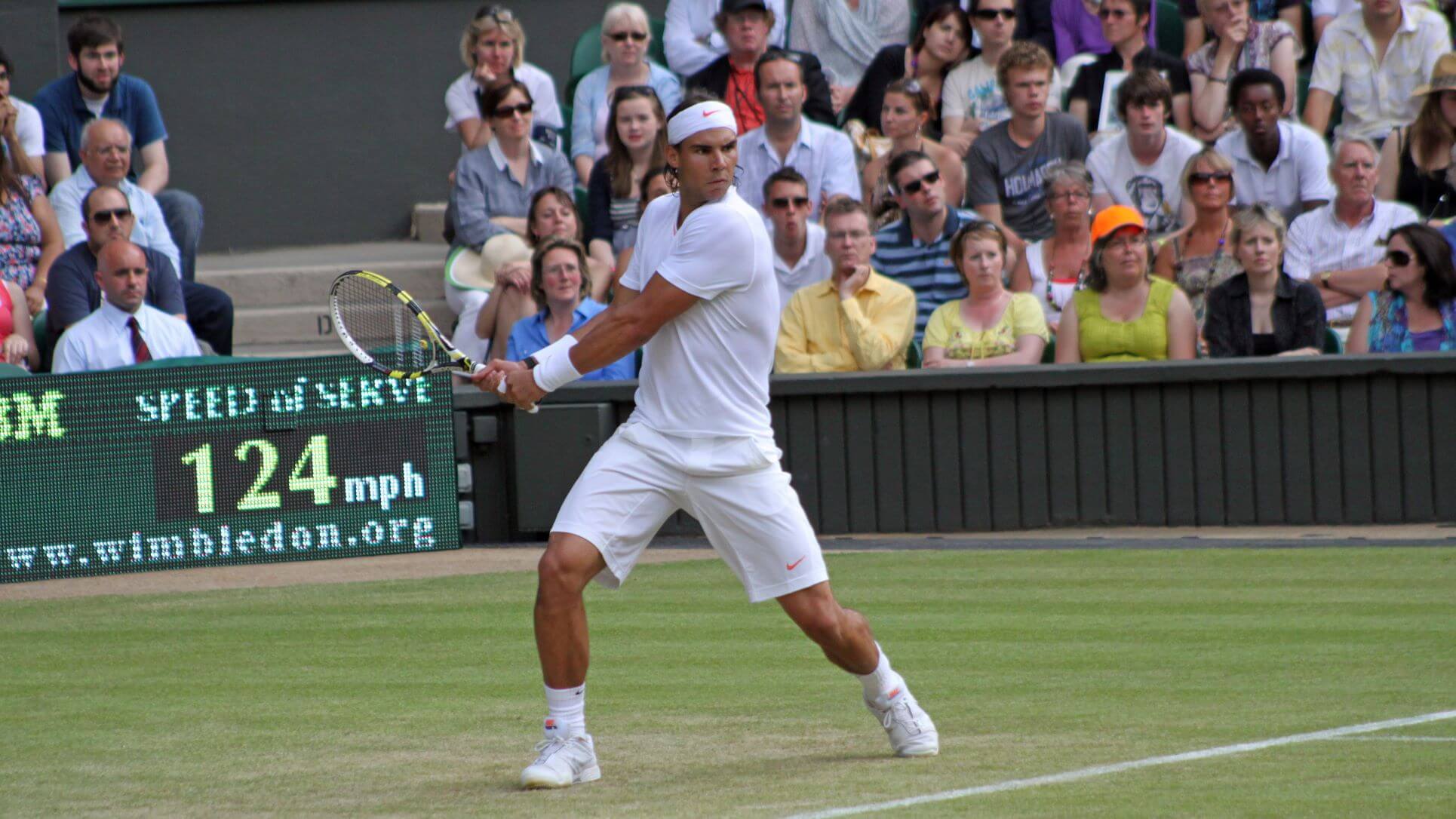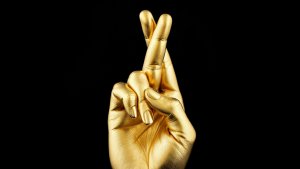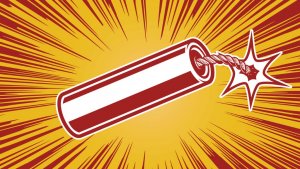
As the long-awaited 2022 Wimbledon Championship approaches, physical branding experts Solopress have analysed the top 5 most unique and creative sponsorship campaigns of the tournament’s history.
The countdown to the most heavily anticipated tennis tournament in the world has begun, with searches for ‘Wimbledon 2022 Championships’ increasing by 250% in the last 30 days alone and thousands awaiting the tournament commencing on Monday 27th June.
Wimbledon is widely regarded as the world’s most prestigious tennis event and provides a unique platform for sponsors to showcase their marketing assets in front of their ABC1 audience and wider digital audience. Typically, the grounds host 42,000 fans and in terms of TV viewership, figures are increasing year on year with the 2021 tournament hosted by BBC attracting a cumulative average audience of 15.5 million across 43.5 hours of coverage. From Robinson’s to Rolex, the tennis court is adorned with high-brow brands that promise to offer new, innovative advertising with every passing year.
Courtside attendees and TV viewers alike are exposed to promotional materials from the tournament’s premium long-term partners, from Slazenger tennis balls to Lanson champagne. The sporting event is also closely associated with quintessentially British food and drink, with Pimms and the classic strawberries and cream combo now synonymous with the tournament and the British summer.
In sponsorship terms alone, the British sporting event racks up an estimated £45 million. These partnerships make up the tournament's lucrative sponsorship strategy and have a long-standing heritage with Robinson’s being a partner since 1934 and Slazenger being the official ball supplier for the tournament since 1902, marking the longest partnership in sporting goods history.
- Haagen Dazs - Lose Yourself 2016
To mark their 5-year relationship with Wimbledon as the tournament's official ice cream, Luxury brand Haagen Dazs delivered a compelling, outside-the-box campaign during the 2016 championship. The brand released a Strawberries and Cream stick bar, paying homage to one of Wimbledon’s most iconic pairings in addition to delivering an innovative multi-channel marketing campaign. Rather than focusing the camera on the sporting greats including Murray and Federer, advertising agency Grey London chose to showcase real-time portraits of the SW19 crowd during the tournament’s most intense and emotional moments, enlisting street photographer Adam Katz.
The fan-focused strategy sought to emphasise the intensity of both the tournament and the ice cream's luxurious flavours and utilised social media with the hashtag #LoseYourself, PR and Out of Home assets, encouraging fans to share their images. This unique concept leveraged authenticity, interactivity and the genuine connection audiences have with the sport to the brand’s advantage, ensuring that loyal fans become part of the narrative. Lose Yourself is evidence that original user-generated content campaigns of this nature can generate widespread success with the campaign receiving 28,000 customer engagements, 15,000 photobooth participants and 2000 sales.
- Robinson’s – Play Thirsty 2014
Robinson’s is the official soft drink supplier of Wimbledon and has been since 1935 - in fact, the brand’s lemon barley water flavour juice was invented specifically for use in the 1935 tournament. The brand has demonstrated its multi-channel marketing power each year, embracing a range of technology including thermo-reactive posters, 3D billboards at Waterloo station and virtual headsets that allow fans to sit Centre Court with a 360-degree view from the Umpire’s Chair.
In 2014, Robinson’s celebrated 80 years at Wimbledon with their stand-out campaign #PlayThirsty. Within the campaign, the brand aimed to inspire families by providing fun, free ways to enjoy tennis. Offering families the chance to win a VIP package to attend Wimbledon via an on-pack promotion, the brand also leveraged social media, video advertising and video tutorials to ensure success for their Play Thirsty campaign.
Initially released as a national press campaign with the tagline ‘quenching the thirst of Wimbledon since 1935’, the campaign is a perfect example of how to successfully play on nostalgia and the rich heritage of an event. In addition, the brand tapped into interactivity, launching six ‘Play Thirsty’ online tennis tutorials featuring ambassador Judy Murray which aimed to teach mums, dads and kids core tennis skills such as static and dynamic balance through interactive games that could be played in any setting.
- Evian – Ball Hunt 2012
As part of their 2012 Wimbledon sponsorship, the official water sponsor of the tournament Evian attempted to motivate audiences with a welcome element of gamification. Fans were offered the chance to win Wimbledon 2012 tickets in a unique competition that involved hunting for a pink tennis ball across London. Fans were encouraged to dig for clues on the brand’s official Twitter and Facebook pages, where the Evian ‘ball boy’ would interact with them offering them to check-in at the required London-based location to be in with a chance of winning the grand prize.
The campaign was a prime example of how social media, gamification and giveaways can be successfully harnessed to provide a unique experience for fans and generate wide user engagement. Encouraging users to interact with the outdoor campaign created a great deal of buzz about the tournament; the ball hunt attracted over 2,000 new followers on Twitter with over 250 using the hashtag #EvianBallHunt, whilst 365 mentions of the brand were included in posts. In addition to performing well on social media, the campaign helped to strengthen brand equity, positioning Evian as a lively and exciting brand. Other elements of the campaign included a picture of the competition whereby the fan with the best ‘live young’ attitude in their picture was granted access to the ‘Live Young’ VIP Suite to ensure an integrated campaign that encouraged engagement through various touchpoints.
- Lavazza – The Queue 2016
Since 2011, Lavazza has been the official coffee of Wimbledon, proudly serving delicious beverages to attendees year after year. Whilst the queues in Wimbledon stand out for their electric atmosphere building up to the beginning of each match, they are also unfortunately known for being extremely time-consuming. In 2016, Lavazza wanted to soften the blow of long wait times whilst encouraging fans to learn more about the brand with their campaign #TheQueue which focused on physical branding and social media.
Their phenomenal concept included printing fan selfies on cups of coffee using an on-site coffee ripples printing machine. Not only does this inventive method harness the power of personalisation, creating a point of intrigue and engagement for fans, it also helped frustrated queuers to take a breath, refuel and appreciate the innovation and creativity behind the Lavazza brand. The campaign demonstrates the benefits of addressing key customer pain points at the right time and proved to be highly successful on social media reaching over 1.75 million people and accumulating 1,131 brand mentions across all social platforms over the 2 week period.
- HSBC – HSBC Presents Wimbledon at Rockefeller Centre 2010
HSBC has been Wimbledon’s official banking partner for the past decade and is arguably one of the most visible brands at the event. Providing an on-site bank facility that allows HSBC cardholders to access free strawberries and cream and ‘Court 20’ where customers can practice their tennis skills and meet some of the brand’s most famous ambassadors including Tim Henman, the brand is no stranger to effective physical branding.
In 2010 however, the brand combined print and digital marketing with their “HSBC presents Wimbledon 2010 at Rockefeller Center” print ads, which were featured in the New York Observer, Time Out New York, The New Yorker and more. The print ads were strategically linked with an exclusive QR code that allowed readers to access a programme of complementary activities from live screenings at the HSBC outdoor viewing area to the opportunity to play a game of tennis on Manhattan’s only grass court. Providing a ‘behind-the-scenes’ feel and bringing the sporting event to life authentically, HSBC were able to encourage readers to download the HSBC app and strengthen their relationship with the brand.
It is clear that Wimbledon offers brands the opportunity to showcase their creative marketing in a variety of ways, with scope to create something entirely unique such as a personalised coffee or branded competition that encourages widespread brand engagement.
With the 2022 tournament just on the horizon and brands still looking to capture their target audience in new and unexpected ways, we can expect some exciting campaigns to emerge throughout June and July.
Thanks for signing up to Minutehack alerts.
Brilliant editorials heading your way soon.
Okay, Thanks!


